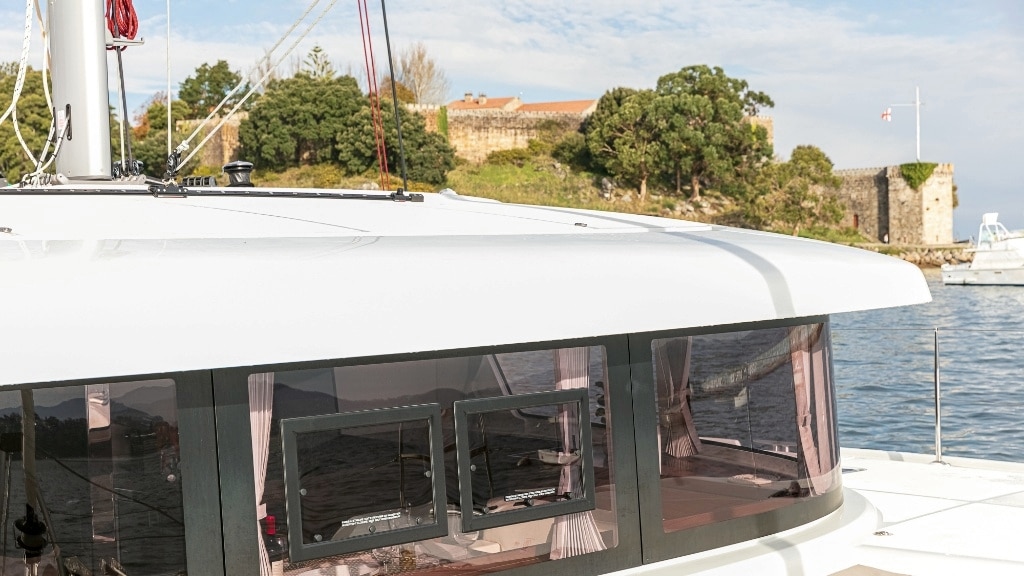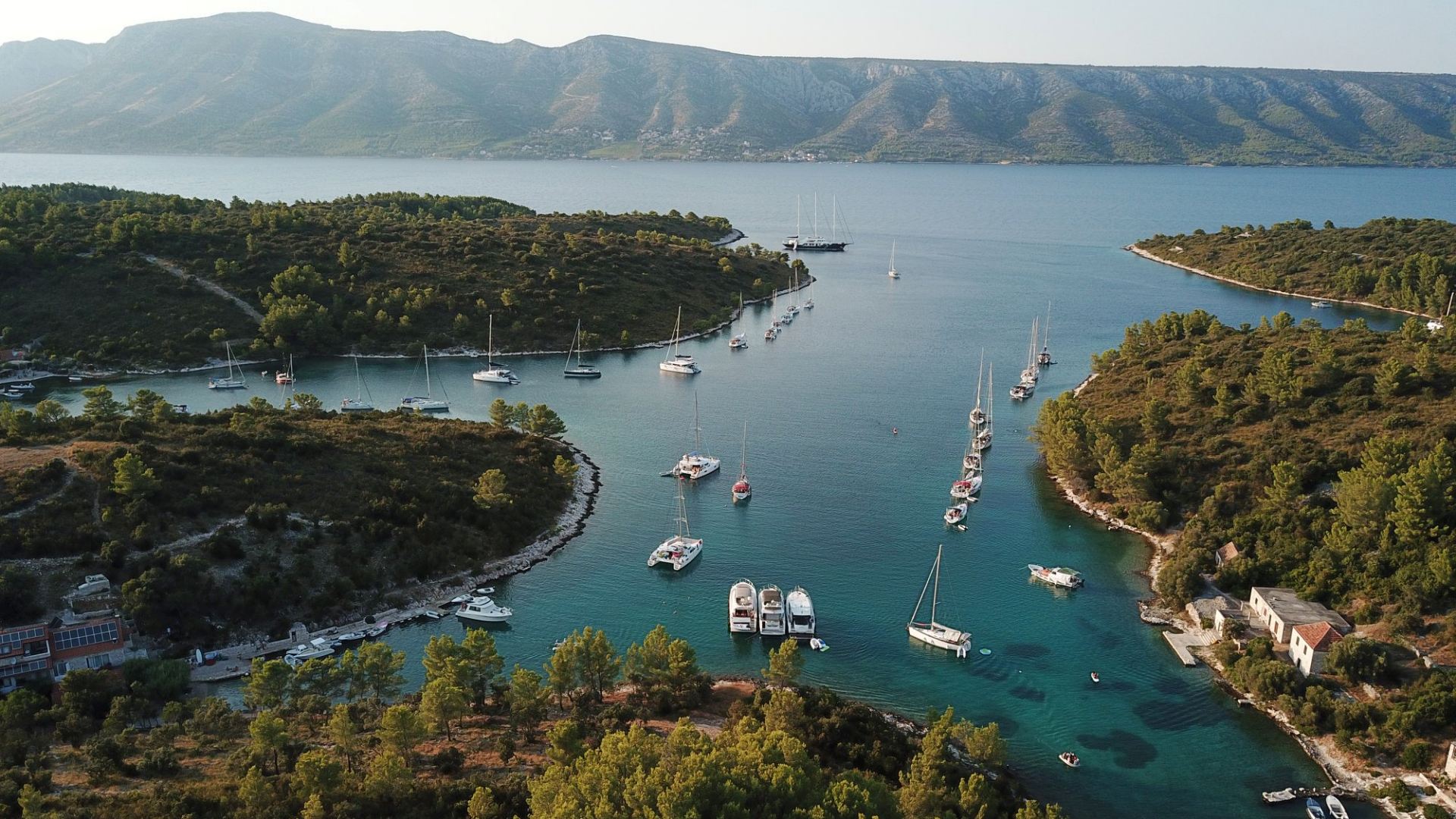The knowledge acquired in the Spanish nautical qualification courses is imminently theoretical and is not at all sufficient to skipper a pleasure boat. Especially when it comes to sailing.
What is the purpose of nautical qualifications?
It should be the preparation of skippers to sail with confidence, self-sufficiency and safety for both the boat and the crew for which it is responsible.
What is the reality that we instructors encounter?
Graduates are not prepared to be boat skippers. Obviously, if the student has a lot of previous experience, the objective is achieved, but the vast majority of students who obtain the degree, regardless of what it is, can easily find themselves in serious difficulties to enjoy sailing.
Where does the current system fail?
In the lack of importance to practice and excess importance to theory.
What is the best pattern formation system in the world?
Undoubtedly, the English system of the RYA. This system is based on practical rather than theoretical exams. Of course they have theory, but this one is chewed by sailors with a lot of experience and transcribed in the simplest way possible and focused on being useful while you sail, not while watching the sea from home. In addition, these qualifications require a series of sailing miles before you can even apply for a degree. For example, an Offshore Yacht Master, with similar attributions to a yacht skipper, requires before taking the exam a minimum of having spent 50 days at sea and 2,500 nautical miles sailed, of which at least 5 crossings of more than 60 miles acting as skipper for at least two of these passages with night navigations.
Is the theoretical one necessary?
Absolutely necessary. A skipper cannot take a boat if he does not know the RIPA, basic radio procedures, what it is and what it is for, safety material, etc. But basing all the expertise and ability of a skipper on the theory of navigation and its rules is quite risky from my point of view.
For all these reasons, it is one thing for Spanish legislation to legally allow sailing on boats as a skipper and quite another for qualified skippers to know/must do so. Even more so when you consider that skippers often navigate with the people who matter most to them: their family.
The best way to sail is to enjoy the sea, to enjoy it you have to have control and trust in an environment, the sea, which is not ours. For this reason, I recommend, before obtaining the official qualifications, to train in sailing schools with. … At the end of the day, no one gets on a pleasure boat to have a bad time, quite the opposite. Por ello, recomiendo, antes de sacar las titulaciones oficiales, formarse en escuelas de vela con. …En el fondo, nadie se sube en un barco de recreo para pasarlo mal, sino todo lo contrario.
How can you become a good coastal skipper?
Here we are going to differentiate between sailors who live close to the coast and those who live far away. Sailors who live close to the coast: Ideally, classes of 4 hours per week for several months outside of summer (with different weather conditions that allow you to know the difficulties in each scenario). Practical classes in small groups, largely forgetting the official content and sailing in short and intense periods, in all weather conditions Sailors who do not live near the coast: The ideal is to take courses of several days in a row with intense navigations and a lot of maneuvering with breaks of at least 2 hours every 4 hours. It is very difficult to be self-taught at sea and it is usually very expensive (high probability of breakages and scares). Even skippers who have been sailing all their lives can have major technical shortcomings. Let’s imagine a skipper who only sails on days when there are no waves and wind,… You will only know how to navigate safely and confidently in these types of weather conditions and you will feel overwhelmed and unsafe if the conditions become more “muscular”. Personally, I’ve been sailing since I was 2 years old and I’m still learning every day. We shouldn’t be afraid to ask for instruction to fill the gaps we have as employers. This should never be thought of as showing a lack of security in us as patrons, but rather quite the opposite. One of the differences that causes the most healthy envy between an experienced skipper compared to another with little experience is that the threshold of dangerous navigation he has is much higher, so he is able to enjoy a day with 3 meters of wave and 25 knots of wind.
Where can I learn to sail?
There are several ways and unfortunately not well known:
- Sailing school that has courses for adults and cruising. Collective or private/individualized.
- School of nautical qualifications that offer specific navigation courses (not to be confused with official internships to obtain nautical qualifications).
- Rent a boat with a skipper who has didactic experience and a desire to teach.
- A friend/family member with a boat who wants and knows how to teach… although what they usually want are crew members to help them navigate. On the other hand, if there is a lot of trust between student and instructor, it is often more difficult to learn and teach. (try to teach anything to your partner and you’ll understand what I mean) Por otro lado, si hay mucha confianza entre alumno e instructor suele ser más difícil aprender y enseñar. (intentad enseñarle cualquier cosa a vuestra pareja y entenderéis lo que quiero decir)
Is it possible to learn in regatta or in cross-country?
Yes, of course, but always taking into account some important nuances
Race:
Its advantage is that you learn to see the limit of a boat and that it forces you to sail in weather conditions in which you would not normally sail if you had a choice. No one is going to stop in the middle of a regatta to explain anything to you. You learn to sail normally with a lot of crew who know what they are doing, which is not usual in cruising sailing. Nadie se va a parar en medio de una regata a explicarte nada. Aprendes a navegar normalmente con mucha tripulación que sabe lo que hace, cosa no habitual en navegación de crucero.
Su desventaja es que nadie se va a parar en medio de una regata a explicarte casi nada. Aprendes a navegar normalmente con mucha tripulación que sabe lo que hace, cosa no habitual en navegación de crucero. Te especializas en un puesto pero solo sabes realizar las funciones de ese puesto. Lo ideal es ir rotando posiciones a bordo para aprender todo lo posible.
Travesías:
Its advantage is that you get used to not seeing land, to sailing at night, to get to know life on board in navigation, to give the importance it has to the weather forecast, safety, etc. Its disadvantage is that until the second or third day, the risk of seasickness is very high and from the third day we would already be acclimatized, but the 24-hour life on board regime with navigation watches make our energy at most at 70% of level, complicating the motivation and strength to study. In addition to the fact that on the journey you cannot be doing maneuvers continuously or you do not arrive at the destination in life.
What are the basic skills needed to sail as a coastal skipper?
- Manoeuvre in port.
- Manoeuvres at sea in various weather conditions.
- Use of electronics at a basic and practical level.
- Crew management: What to send and how to command on board.
- Pre-planning.
- Sailing with a reduced crew and/or those who have no experience.
Iván Pérez-Gándaras
Julio Verne Náutica Manager
P.s. the magnificent illustration at the beginning is the work of Josep Maria Ferrer Sirvent




Comments are closed for this article!